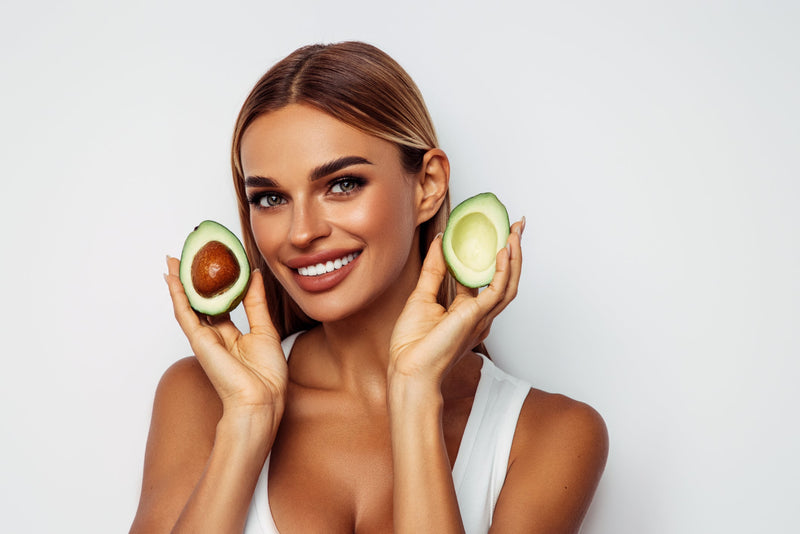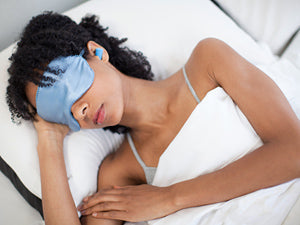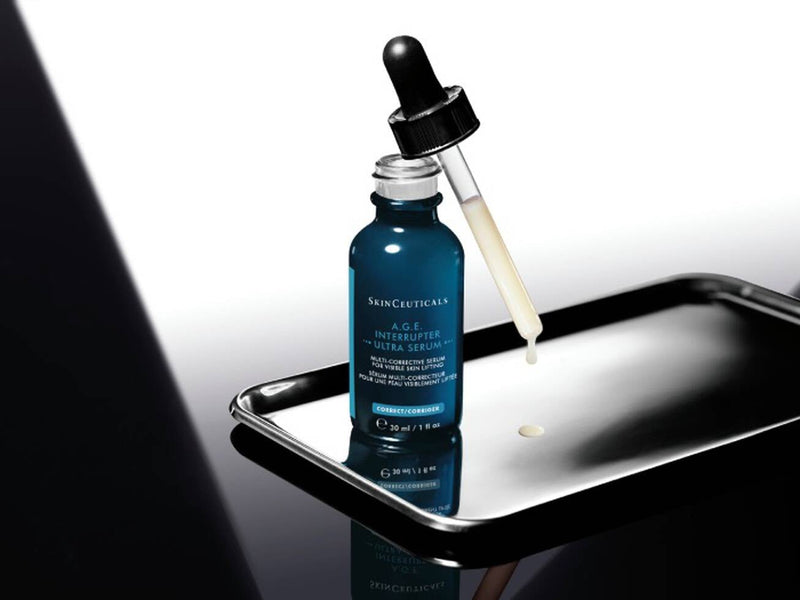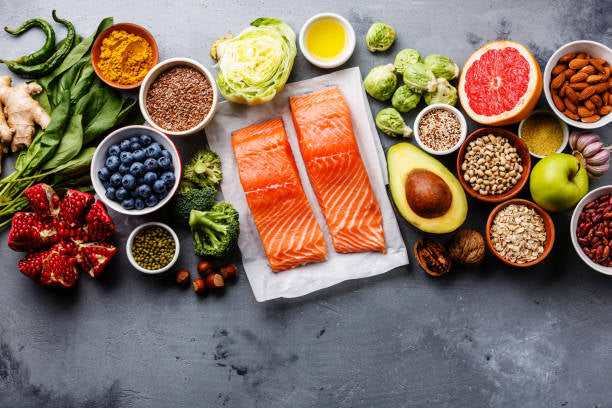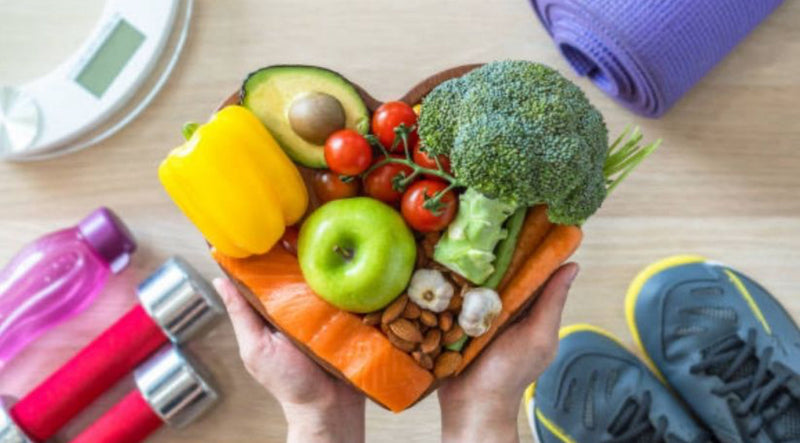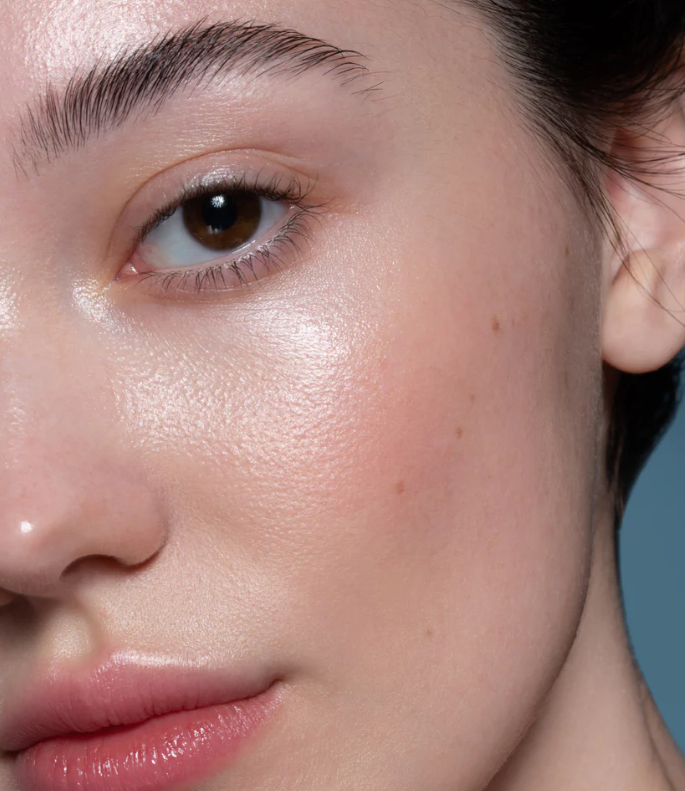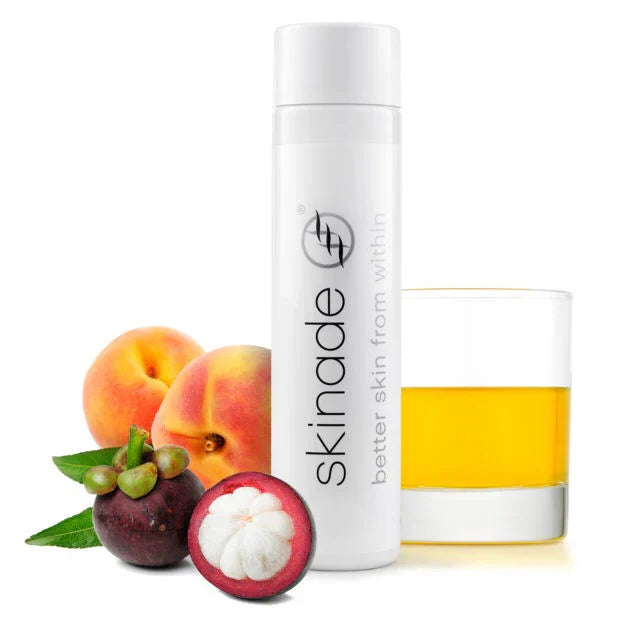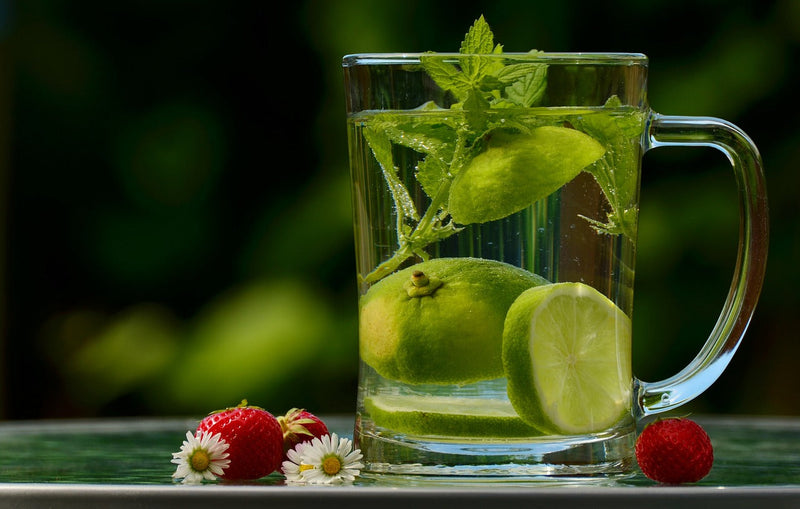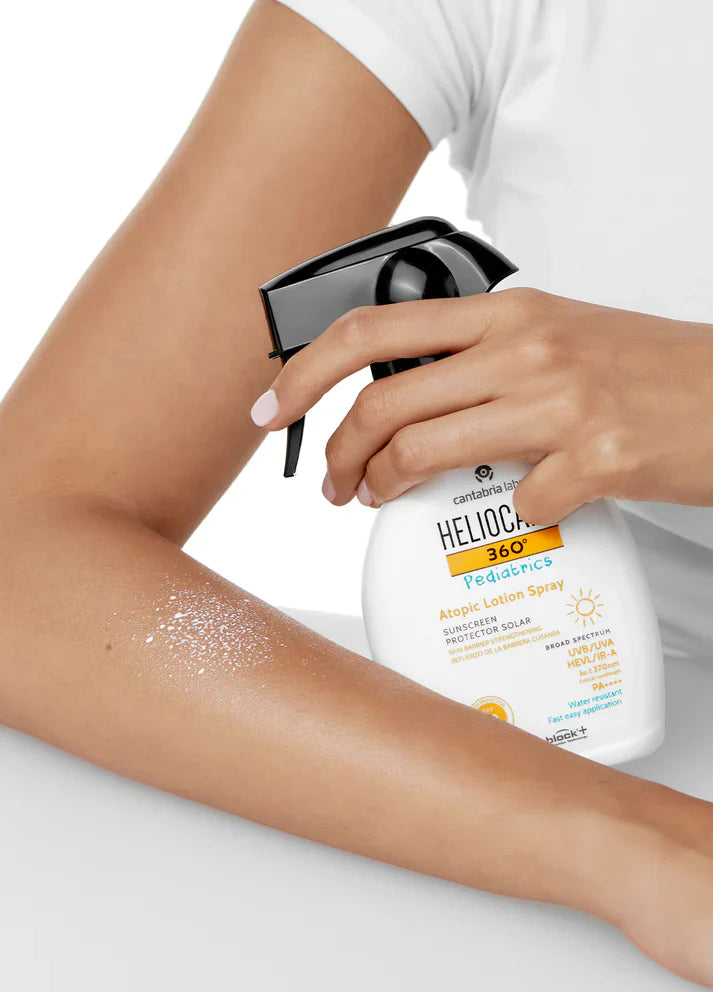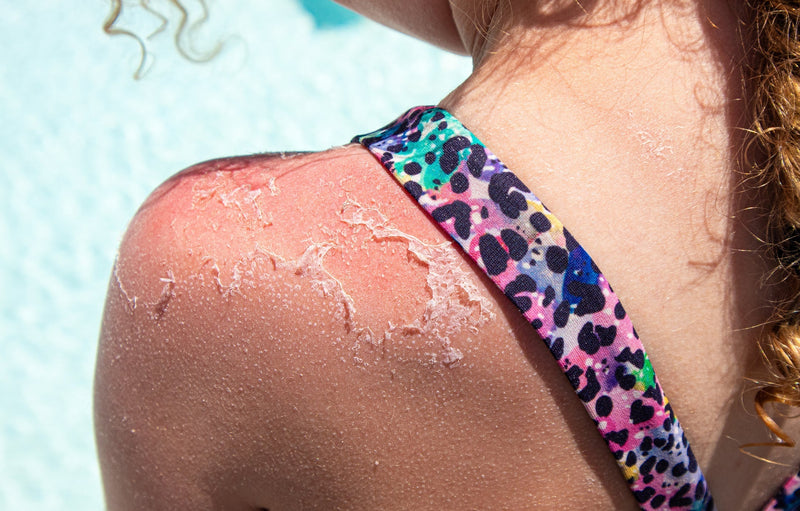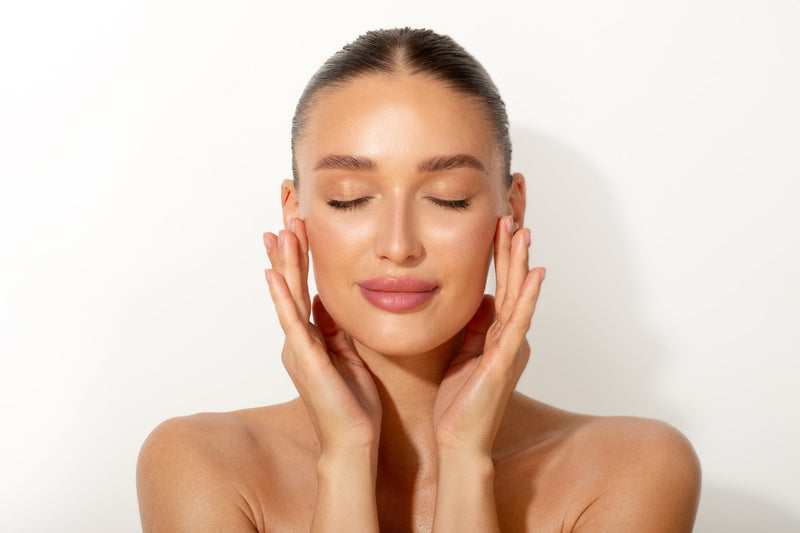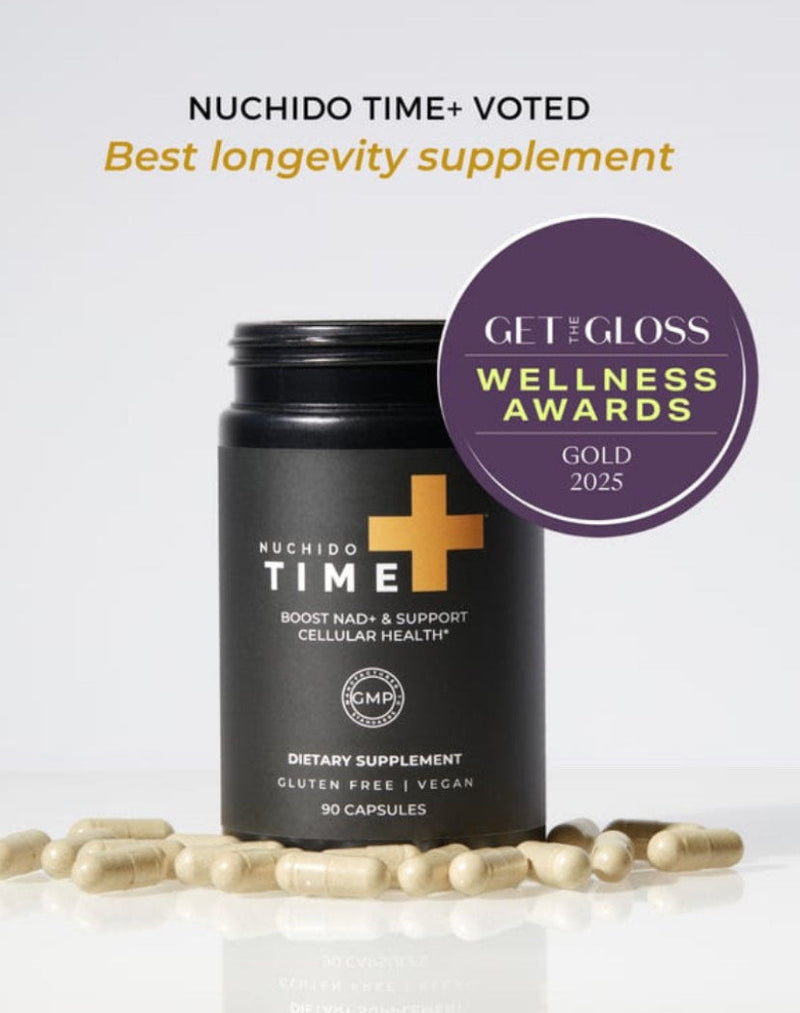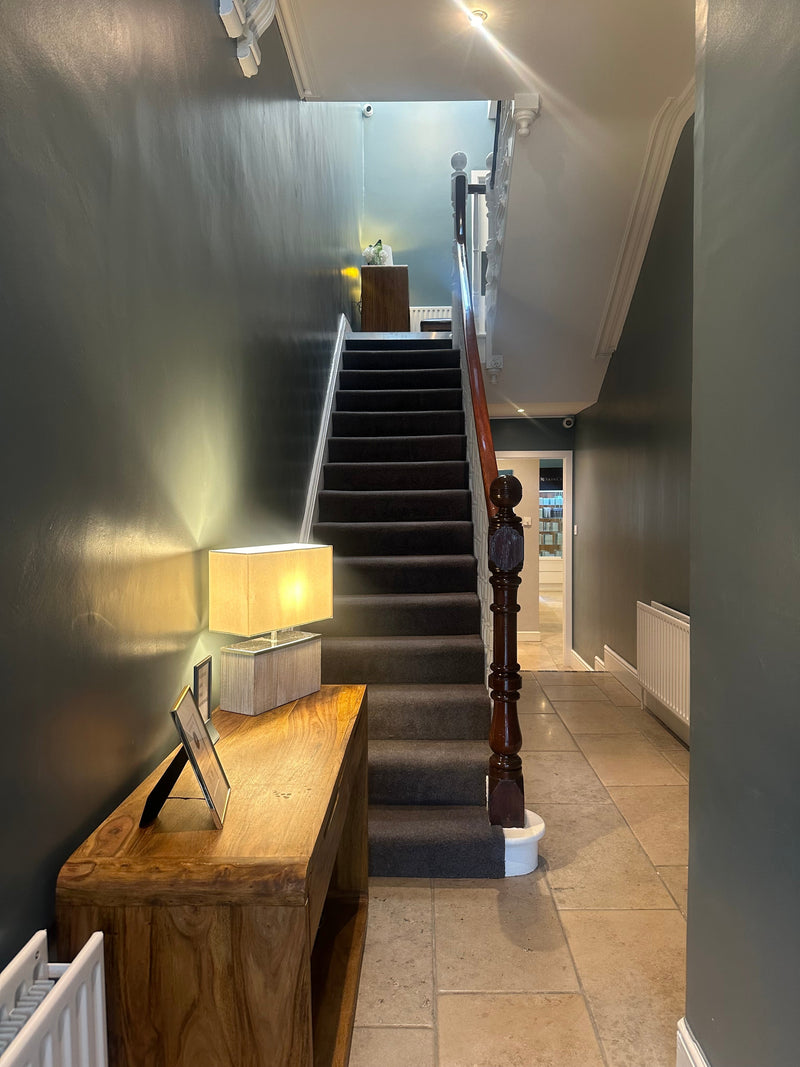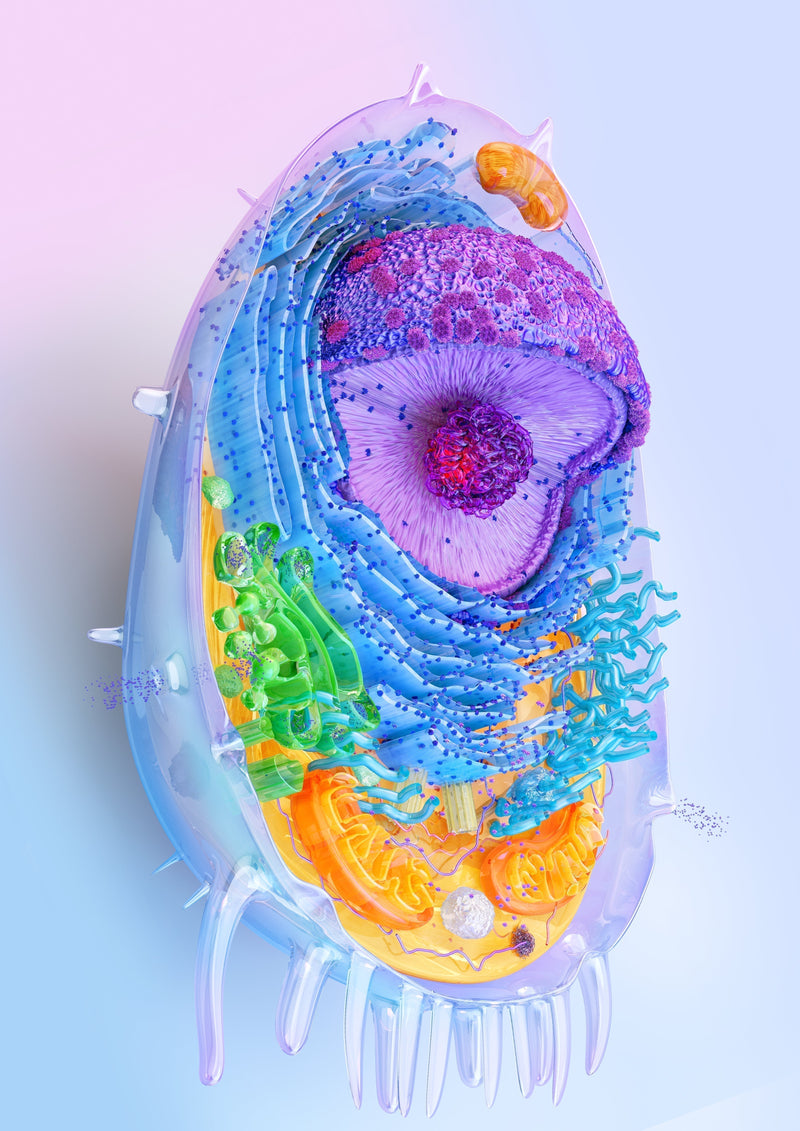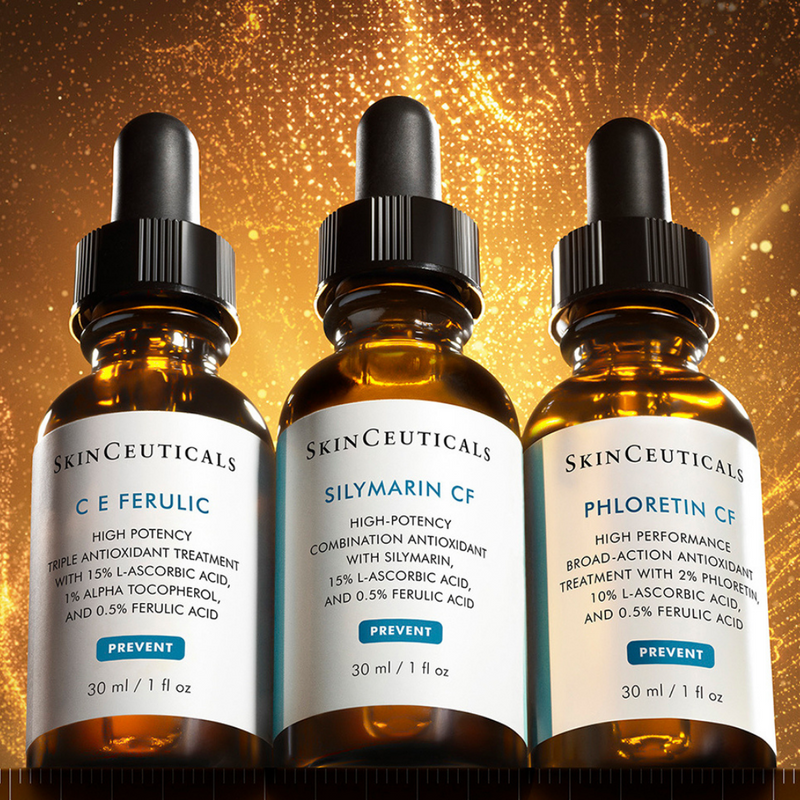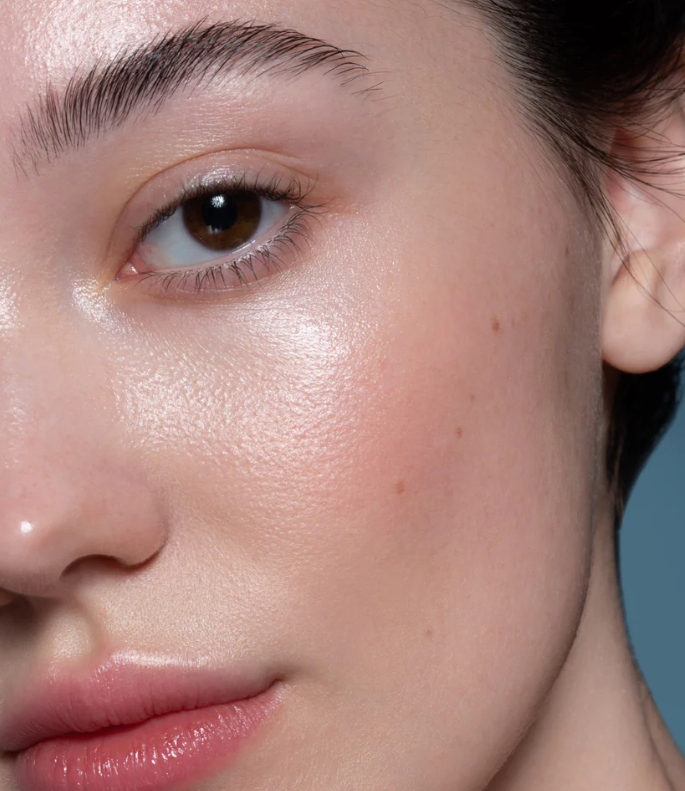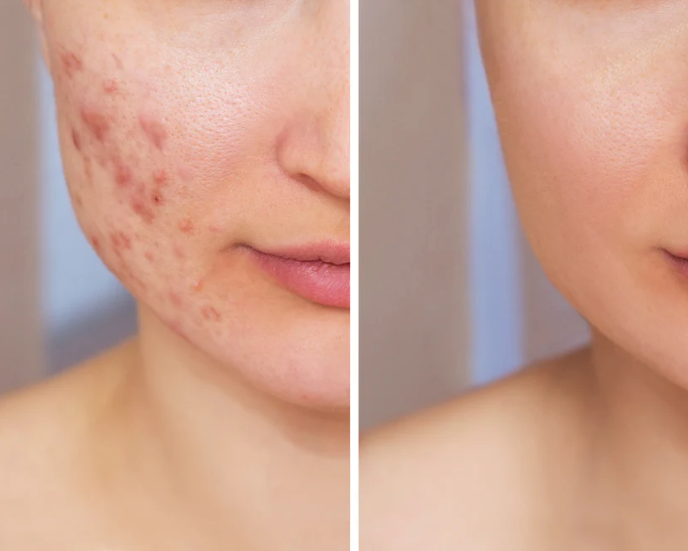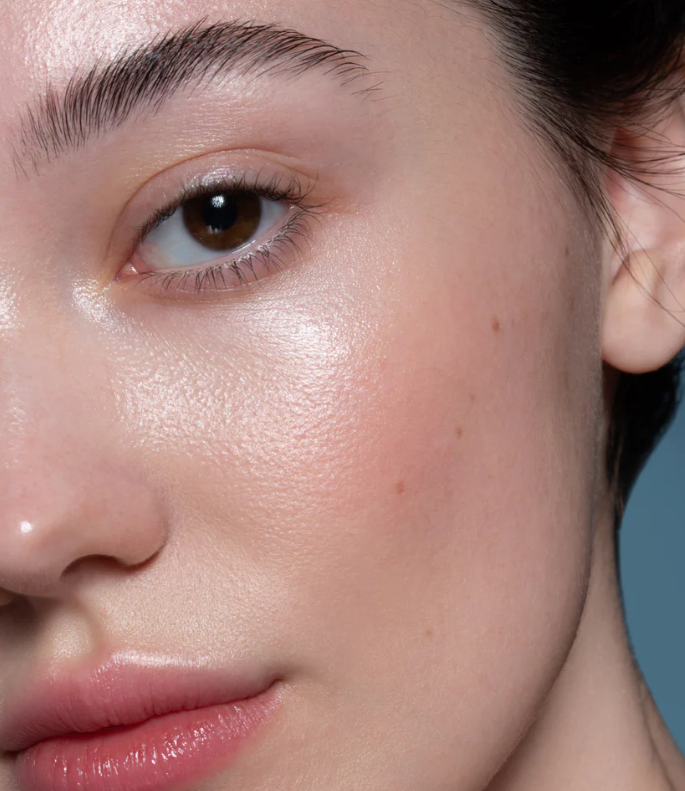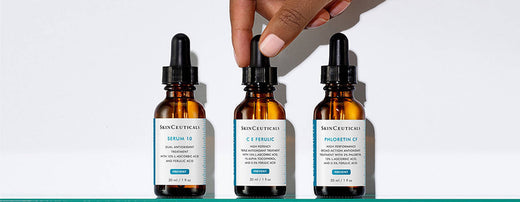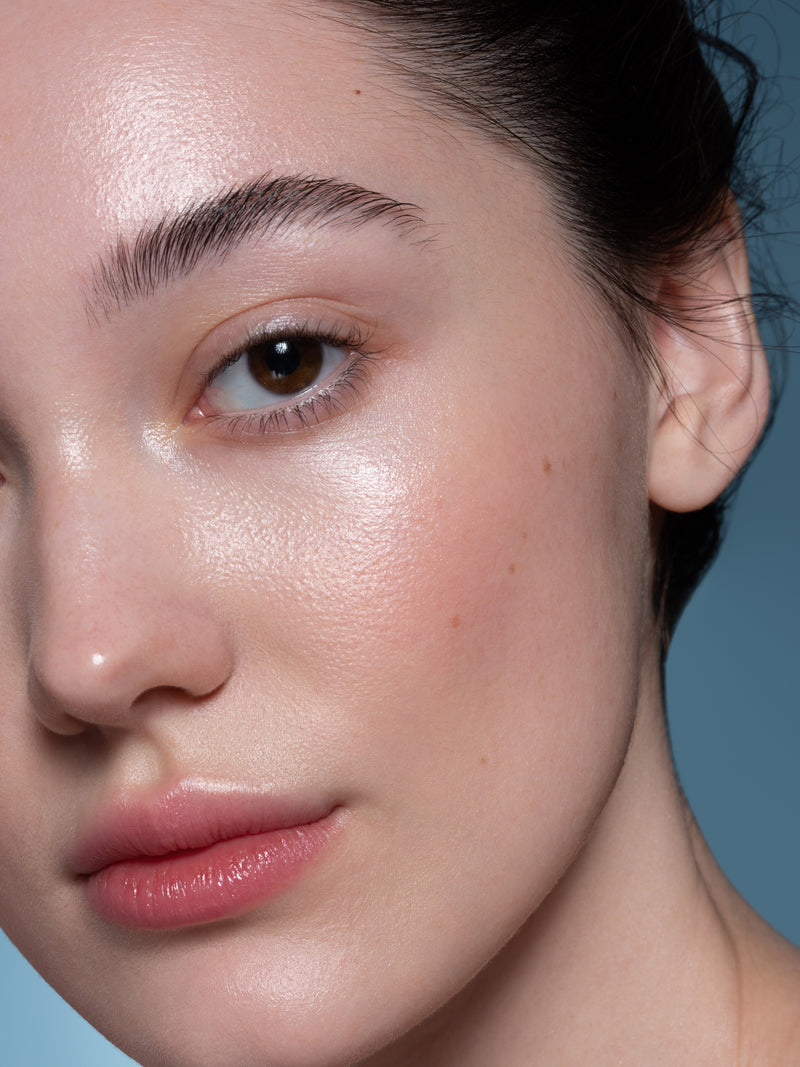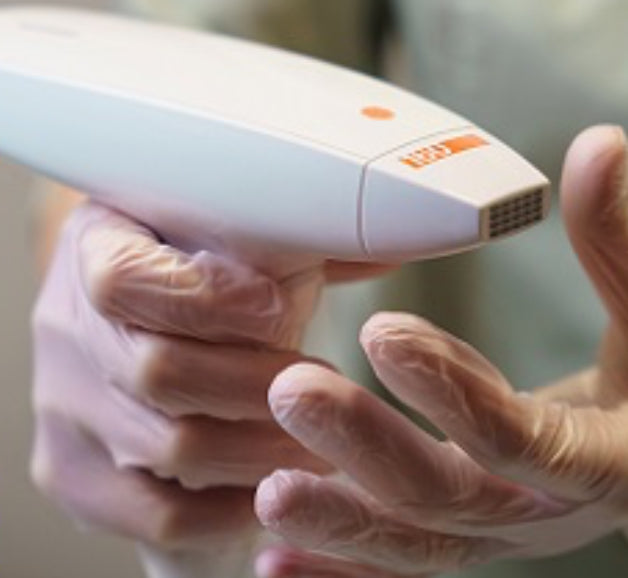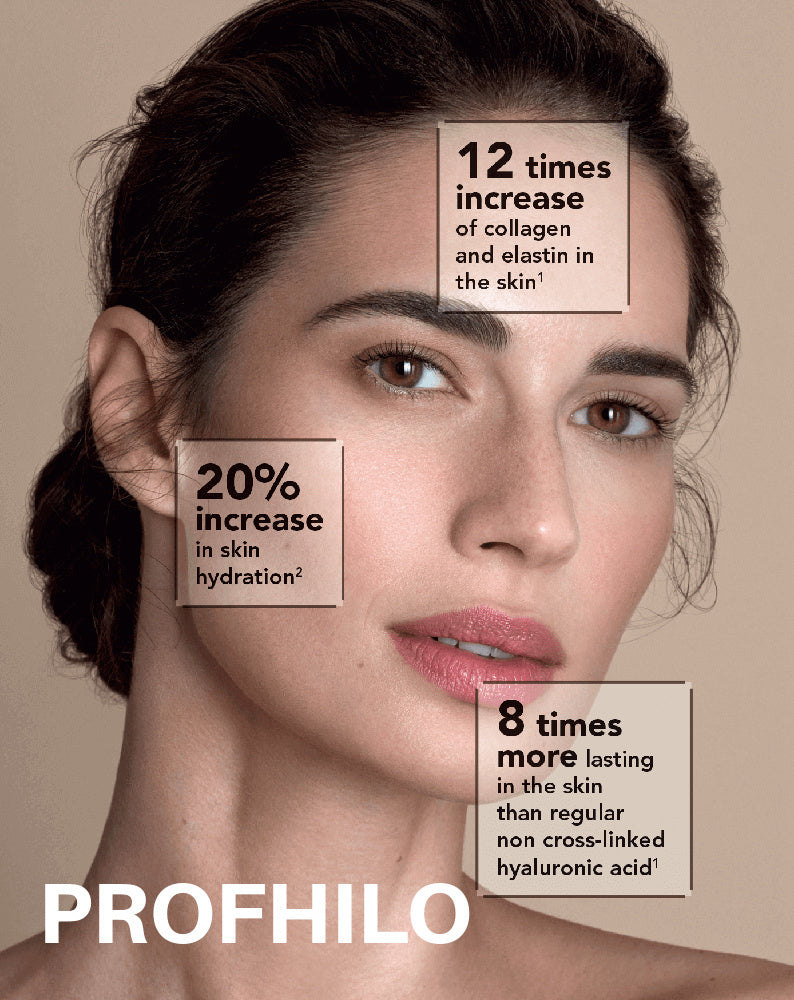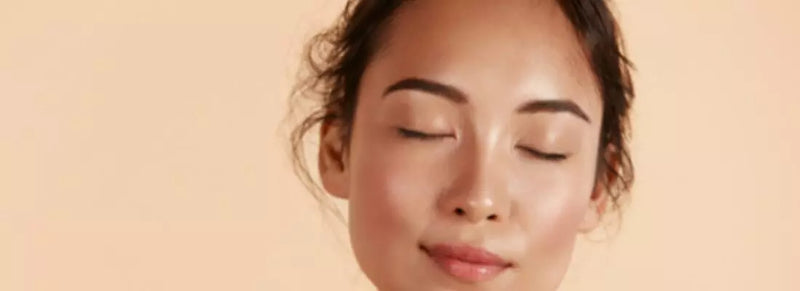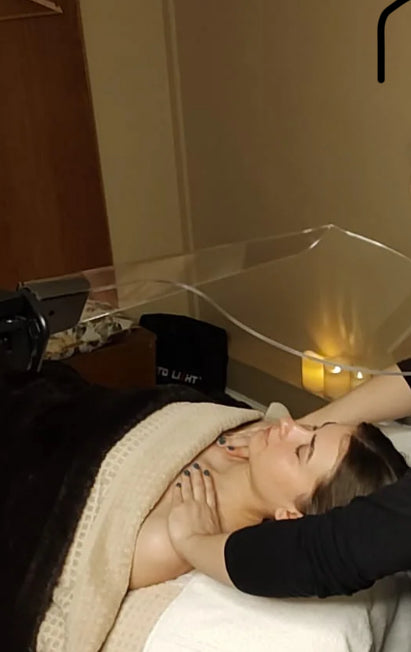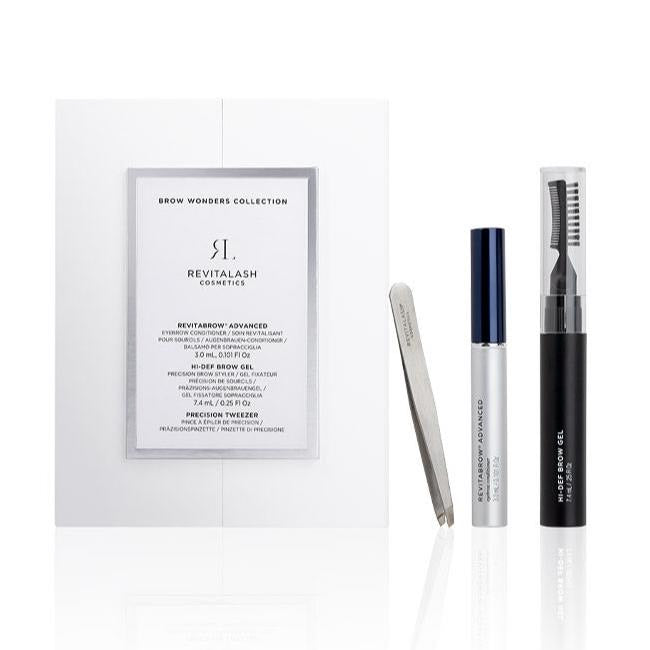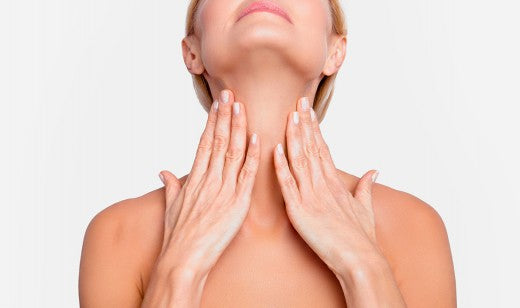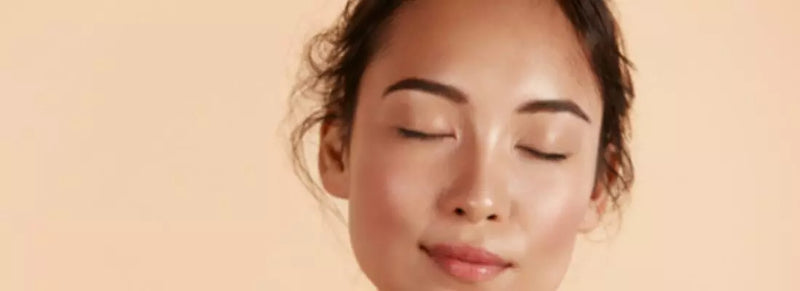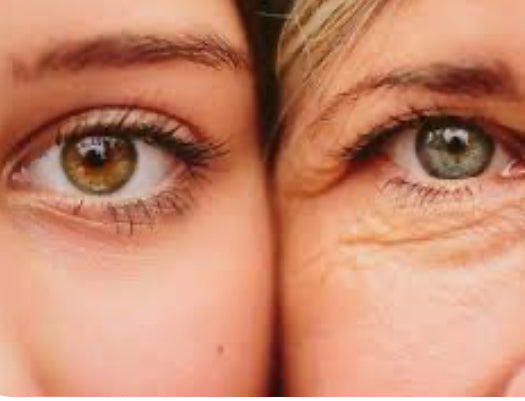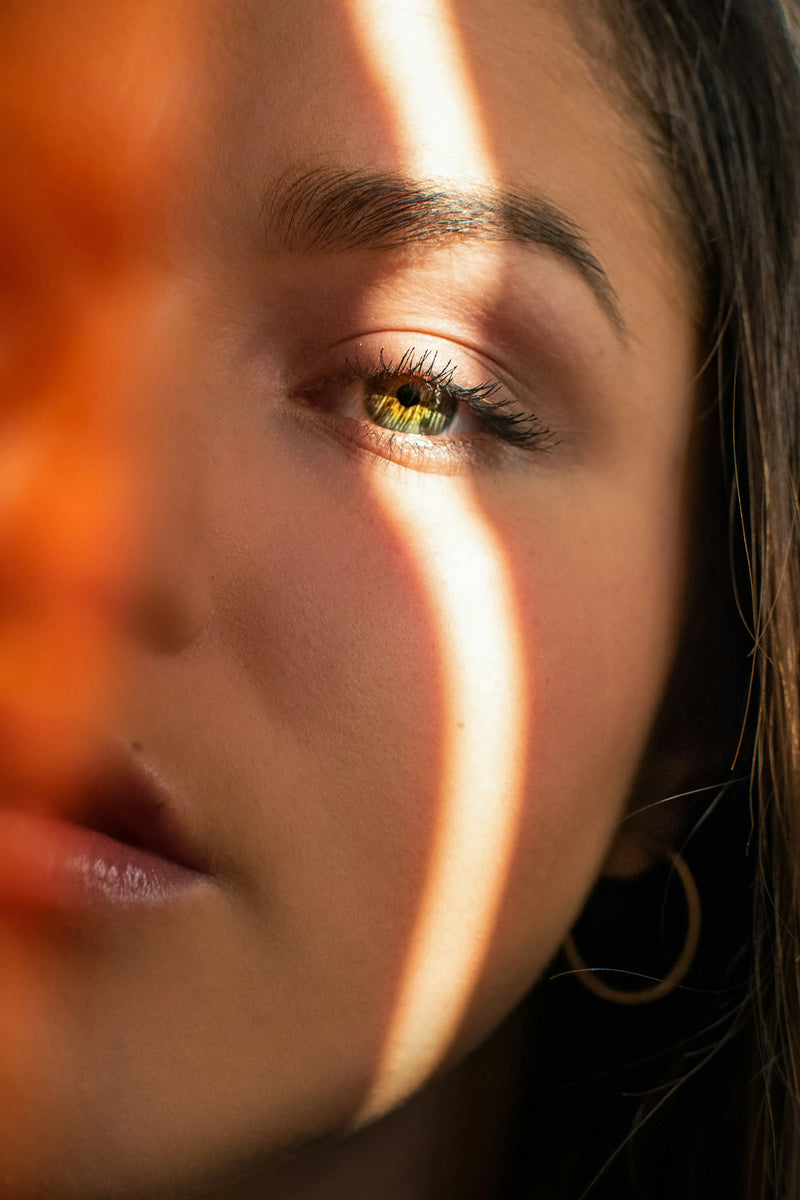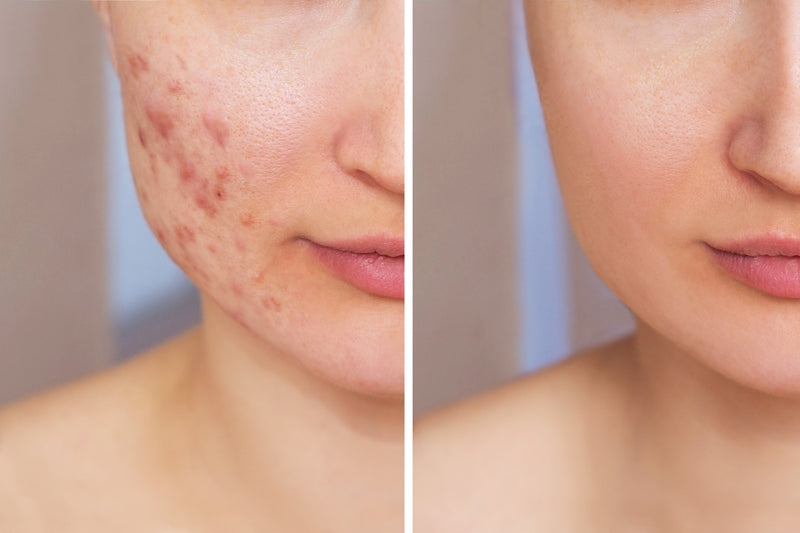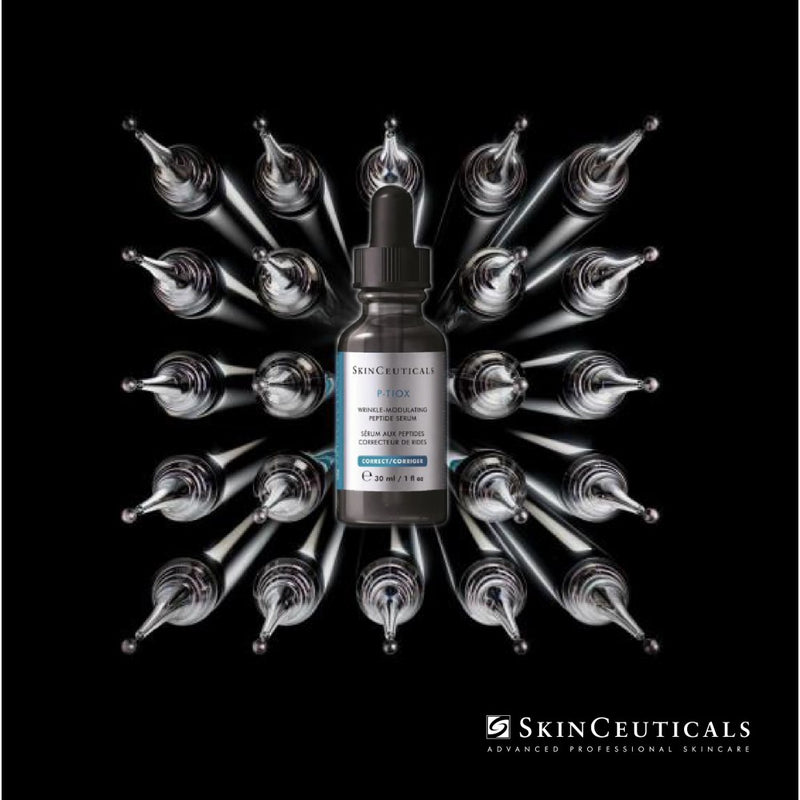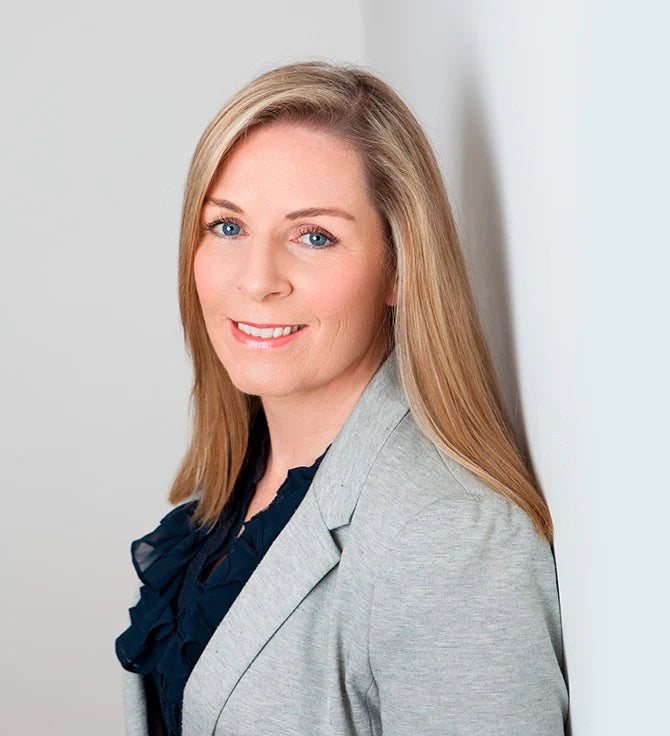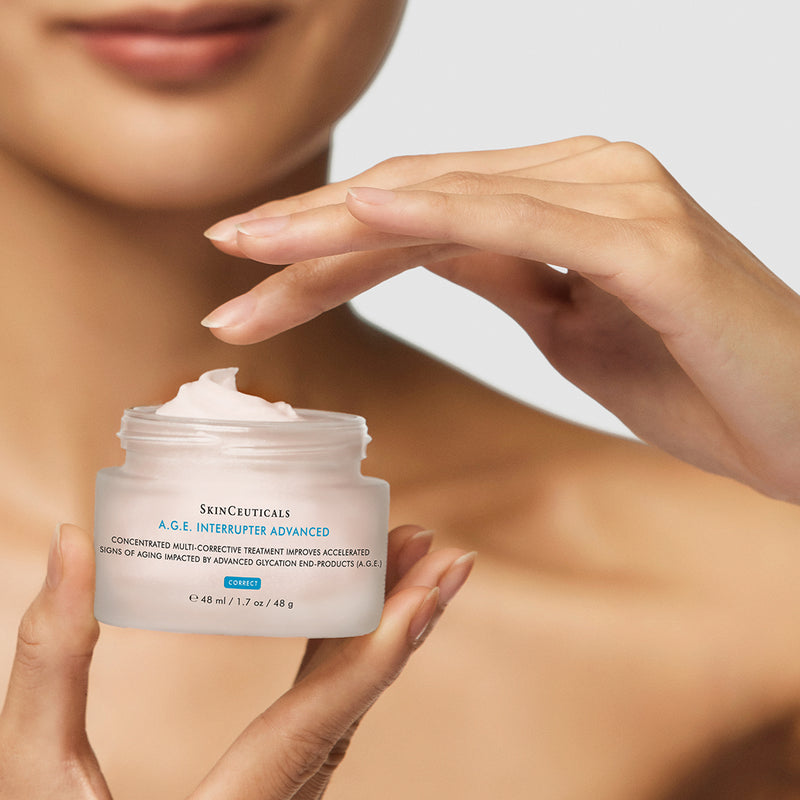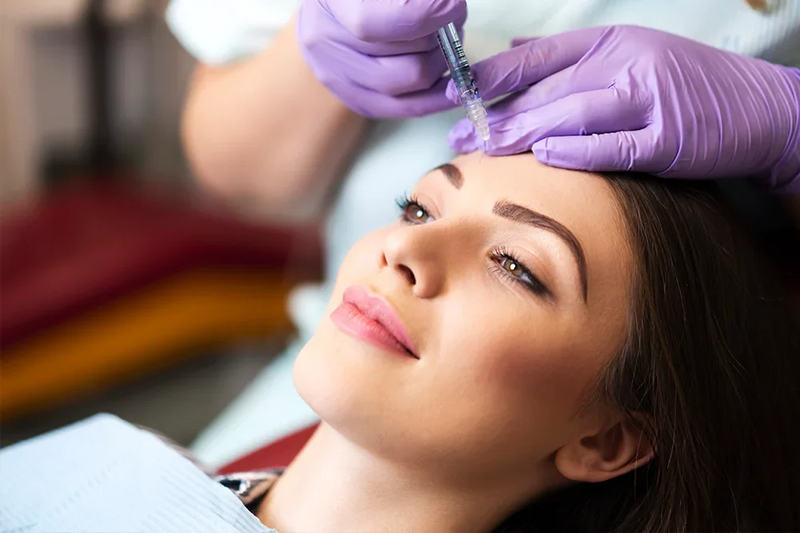The age at which skin starts to lose elasticity can vary among individuals due to a combination of genetic, environmental, and lifestyle factors, as discussed earlier. However, some general trends can be observed:
20S:
During this period, the skin is generally firm and elastic. Collagen and elastin production are at their peak, contributing to a youthful appearance. This is the time in which many experts recommend getting into a general skincare routine as a way to get ahead of aging signs to come. One of the most important habitual boxes to check daily is the consistent application of a quality SPF so that there is always an added barrier of protection when venturing outside. A broad-spectrum sunscreen of SPF 50 and above should be enough for most people to be fully protected.
30S:
Around this time, the production of collagen and elastin begins to decline gradually and this is very much a transitional period for the skin and body. The skin may start to show initial signs of ageing , such as fine lines, sun damage, and a subtle loss of elasticity.
Including a retinol product at this point can be a great way to stay ahead of ageing signs, as retinol is one of the strongest over-the-counter ingredients used by skincare users to prevent premature ageing or reduce the appearance of symptoms. Certain skincare procedures such as injectables, microneedling, IPL , laser and chemical peels can also be beneficial treatments for treating signs of ageing.
Visible signs of ageing is generally considered normal after the age of 40 . This is a period when many people notice a more significant reduction in skin elasticity and signs of aging and this is when mature skin becomes the most prominent. Wrinkles and expression lines become more pronounced, and there may be visible sagging in certain areas, especially if preventive measures haven't been taken.
You may need to start incorporating a mix of in clinic procedures and at-home treatments into your routine as a way to maintain supple skin while your body is going through these natural changes. Hyaluronic acid products can be a beneficial resource, as these products encourage moisture retention and promote hydrated skin, dehydrated skin being one of the leading causes of dullness and aging signs. Rich restorative night creams that contain humectants and ceramides are also beneficial to promote the repair of a damaged skin barrier.
50S:
For women, this is a period when many start to go through post menopausal period. The body experiences a hormonal shift as oestrogen levels begin to decrease and androgen levels increase. While androgen levels are normal in men and are typically considered male hormones, the increased presence of these hormones in women can lead to tiredness and even affect the skin’s appearance.
A major symptom of this change is dryness and dullness, which can sometimes lead to acne breakouts and skin inflammation. It is even more essential that at this period the skin is retaining as much moisture as possible and there are countless products available not only focusing on this purpose but that are targeted for this life transition. Medical procedures such as anti wrinkle injectables , polynucleotides , PRP are also more popular for people among this age group as a way to maintain skin integrity . It’s best to use these treatments in moderation, as the body can build up a tolerance to these solutions over time.
60S AND BEYOND:
The ageing process continues to show more evidence of ageing in to the 60’s as skin elasticity declines. The skin may become thinner, more fragile, and prone to sagging. Factors such as genetics, sun exposure, and lifestyle choices play a crucial role in how rapidly these changes occur. Certain lifestyle choices, including sun protection, a healthy diet, and proper skin care, can have a significant impact on maintaining skin elasticity.
It’s never too late to get in the habit of an effective skincare routine, even later in life. Regular use of sunscreen, avoid smoking, stay hydrated reduce or cut out alcohol, all help slow down the loss of elasticity and minimise the visible signs of ageing. A diet rich in antioxidants, polyphenols and nutrients play a very significant role in maintaining healthy skin..






